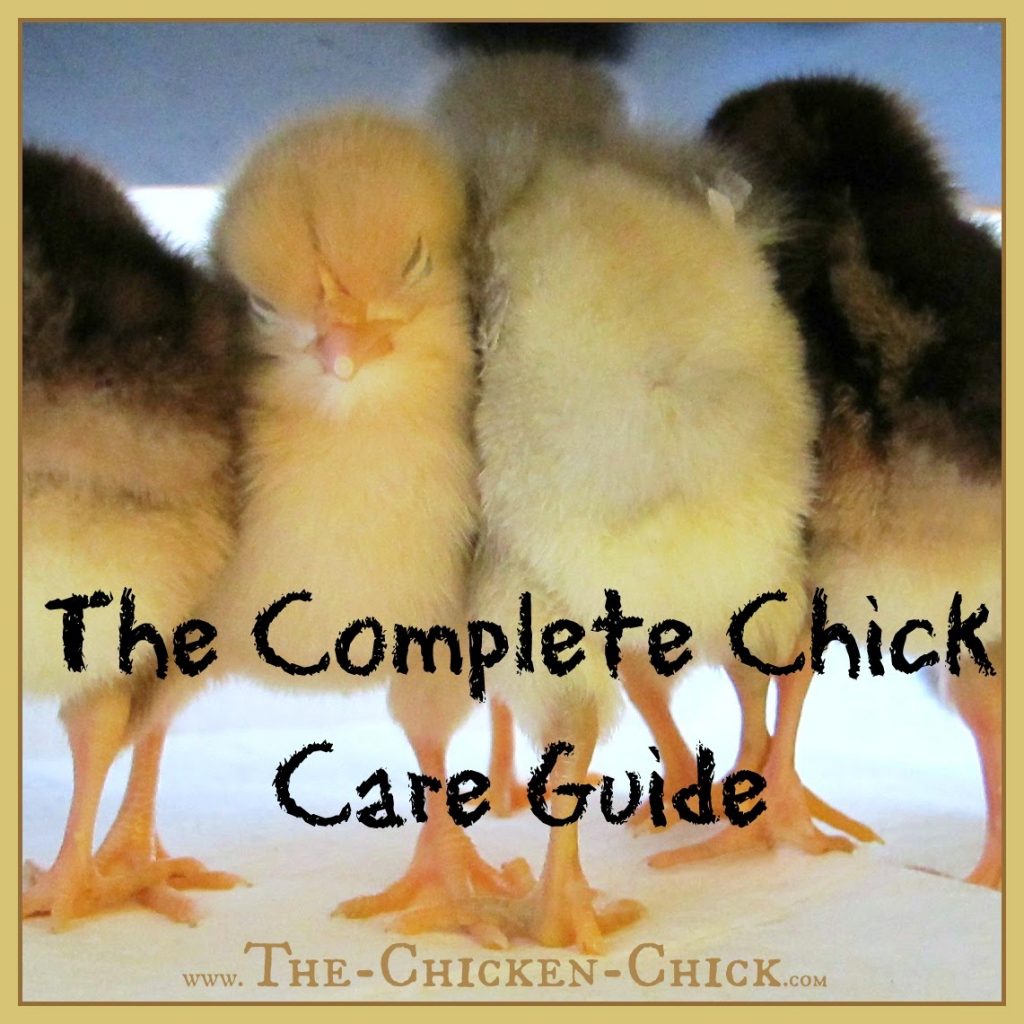
A Comprehensive Guide to Nurturing Baby Chicks: Ensuring Their Health and Well-being
Introduction
The arrival of baby chicks is a delightful experience, bringing joy and excitement to poultry enthusiasts. However, caring for these fragile creatures requires a comprehensive understanding of their specific needs and a commitment to providing them with a nurturing environment. This article will delve into the essential aspects of baby chick care, empowering you with the knowledge and techniques to ensure their health, growth, and well-being.
Housing and Environment
Brooder:
- Baby chicks require a warm and draft-free environment for the first few weeks of life.
- A brooder is a specialized enclosure that provides controlled temperature and humidity.
- The ideal temperature for chicks under one week old is 95-100°F (35-38°C), gradually decreasing to 70-75°F (21-24°C) by the fourth week.
- Humidity levels should be maintained around 60-70% to prevent respiratory issues.
Bedding:
- Soft and absorbent bedding is crucial for the comfort and hygiene of chicks.
- Suitable materials include wood shavings, pine needles, or straw.
- Avoid using materials that are dusty or contain sharp objects.
Lighting:
- Chicks require 24 hours of light for the first few days to stimulate feeding and activity.
- Gradually reduce the light duration to 16-18 hours per day after the first week.
- Use a low-wattage bulb or a heat lamp to provide warmth and illumination.
Ventilation:
- Proper ventilation is essential to prevent ammonia buildup and respiratory problems.
- Ensure there is adequate airflow without creating drafts.
- Use fans or vents to circulate fresh air.
Nutrition and Feeding
Starter Feed:
- Baby chicks require a specialized starter feed that is high in protein and nutrients.
- Feed should be available ad libitum (freely accessible) in shallow feeders.
- Choose a feed specifically formulated for chicks, as adult poultry feed may not meet their nutritional needs.
Water:
- Fresh, clean water is essential for hydration and nutrient absorption.
- Provide water in shallow, non-tippable waterers.
- Change water daily to prevent contamination.
Supplements:
- Electrolyte solutions or chick vitamins can be added to water to support growth and prevent deficiencies.
- Follow the manufacturer’s instructions carefully.
Health and Hygiene
Vaccination:
- Vaccination is crucial to protect chicks from common diseases such as Marek’s disease and coccidiosis.
- Consult with a veterinarian to determine the appropriate vaccination schedule for your area.
Biosecurity:
- Implement biosecurity measures to prevent the introduction of diseases.
- Avoid contact with other poultry or animals.
- Disinfect equipment and clothing before entering the brooder.
Hygiene:
- Keep the brooder clean and disinfected to prevent bacterial infections.
- Remove soiled bedding daily and replace it with fresh material.
- Monitor chicks for signs of illness, such as lethargy, diarrhea, or respiratory distress.
Common Health Issues
Pasty Butt:
- Pasty butt occurs when feces stick to the chick’s vent, causing discomfort and potential infection.
- Gently remove the feces with a warm, damp cloth.
- Ensure the chick has access to fresh water and a clean environment.
Coccidiosis:
- Coccidiosis is a parasitic infection that can cause diarrhea, weight loss, and dehydration.
- Treatment involves anticoccidial medications prescribed by a veterinarian.
Marek’s Disease:
- Marek’s disease is a viral infection that affects the nervous system and organs.
- Vaccination is the primary method of prevention.
Growth and Development
Monitoring Growth:
- Regularly weigh chicks to monitor their growth and development.
- Healthy chicks should gain weight steadily.
Feathering:
- Chicks will begin to feather out within the first few weeks.
- Provide a balanced diet and adequate space for movement to support feather growth.
Transition to Adult Housing:
- Around 6-8 weeks of age, chicks can be transitioned to adult housing.
- Gradually introduce them to the new environment and provide plenty of space and resources.
Conclusion
Caring for baby chicks is a rewarding experience that requires a commitment to providing a nurturing and healthy environment. By following the comprehensive guidelines outlined in this article, you can ensure the well-being of your chicks, fostering their growth and development into healthy and productive poultry. Remember to consult with a veterinarian for specific advice and support as needed. With patience, dedication, and a deep understanding of their needs, you can create a thriving environment where your baby chicks flourish.
